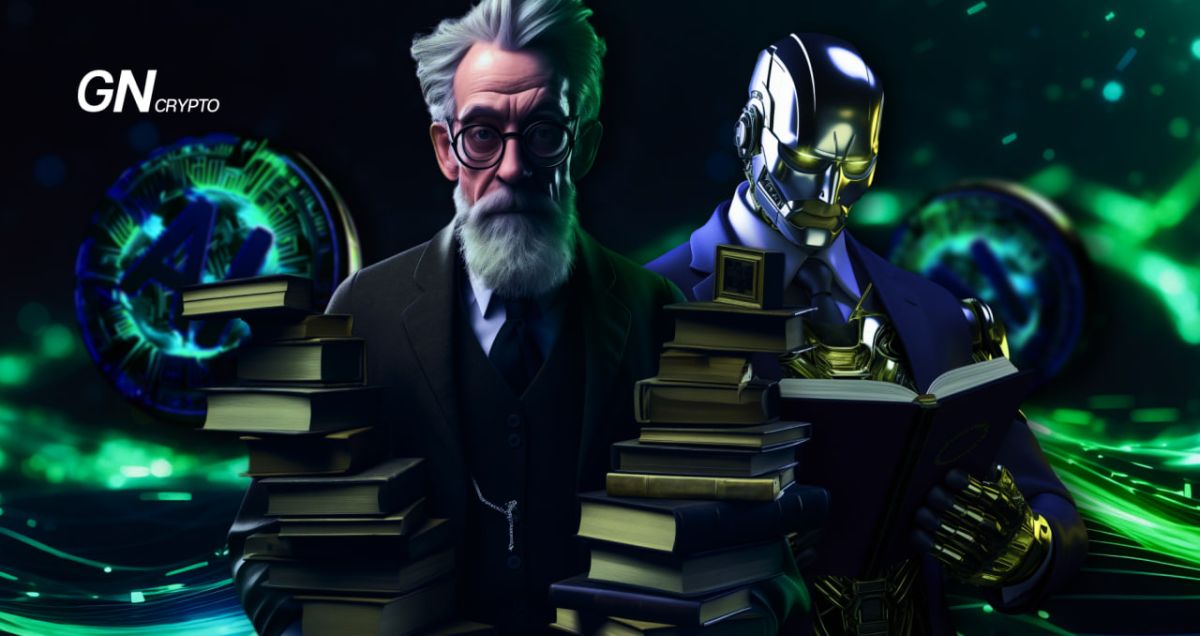How AI Is Reshaping the Global Education System

Teachers worldwide, surveyed by the Oxford University Press (OUP) research department, are seeking guidance on integrating AI into the educational process without causing disruption.
On this page
In its latest publication, this renowned publishing house has compiled the results from a comprehensive global survey, encompassing responses from teachers in the United Kingdom, Hong Kong, Japan, Italy, Australia, the United Arab Emirates, and various other countries.
Unsurprisingly, the extent of AI adoption varies significantly worldwide. Some ministries of education are exercising maximum caution, while others warmly embrace the new technology. The educational community's stance on AI largely depends on local cultural traditions, societal needs, ruling parties' attitudes toward innovative technologies, and similar factors. The OUP emphasizes that the landscape is highly dynamic, and the results from a similar survey conducted next year will likely differ significantly.
In Hong Kong, starting with the 2023/24 academic year, junior school students have begun learning a new subject – Introduction to Artificial Intelligence. The focus is on understanding ChatGPT’s capabilities, grasping the ethical dimensions of AI usage, and learning how AI systems impact society. In the UAE, AI is being widely incorporated into the teaching of all major humanities and natural science subjects. Given the ambitious plans for cryptocurrency that the Asian region has long been developing, it is apparent that Asia is gearing up to become a driving force in the global AI industry, as evidenced by these educational advancements.
Indian and Spanish educational institutions introduced artificial intelligence as an elective subject. In India, the Ministry of Education has sanctioned a National Program, permitting both students and teachers to utilize AI technologies. Additionally, there are separate initiatives in place for studying AI along with other contemporary technological skills. In Spanish schools, artificial intelligence is also part of the technology curriculum, with some schools incorporating it into extracurricular robotics lessons.
In contrast, the educational community in the United Kingdom, home to Oxford University Press, is still deliberating on how to integrate AI into school education, questioning its necessity. Currently, there is an ongoing survey of relevant specialists, with a focus on exploring how AI can help reduce teachers' workloads. Australia initially resisted and even banned the use of AI in public schools. However, the country has since adopted a new stance, embracing the concept of using generative artificial intelligence in schools. AI, including ChatGPT, will be permitted in educational institutions starting from 2024.
When implementing AI-powered technology… school leaders, education business leaders, and policymakers must continue to prioritize the role of the teacher as guide, advisor, and supporter,
the OUP experts advise.
While adults are debating the place of AI in schools, children are already integrating this technology into their daily lives. In the UK, where AI will be officially allowed in schools from 2024, nearly half of the teachers (47%) reported to OUP that students use ChatGPT to complete their homework. Oxford University Press references a recent survey by RM Technology, Where two-thirds of teachers stated that they regularly review work generated by AI. Students, of course, are delighted; nearly 70% find AI to be an extremely useful tool, and half believe that their academic performance would significantly decline without ChatGPT. However, 62% of the teachers surveyed by Oxford University Press are concerned that AI's “intervention” could prevent them from assessing students' knowledge levels objectively.
“Where free AI tools are positioned as providers of knowledge, they naturally encourage students to bypass processes like practical experimentation and independent cognitive reasoning…We must adapt curricula and assessment to keep exploration, reflection, and interaction at the heart of the learning experience,” reads the OUP report.
Teachers fully acknowledge the unstoppable march of progress. An impressive 84% of educators believe that mastering AI is paramount for students to thrive in their careers. However, they're quick to point out that our current educational programs are not adequately equipping students with the necessary AI knowledge. The resounding message from teachers is clear: our educational system needs an urgent transformation to meet these new demands, and they are actively seeking assistance. It's worth noting that, in contrast to students who are comfortable with AI interaction, only 23% of teachers in the UK and around 50% of teachers in other countries feel confident when engaging with ChatGPT and similar large language models.
By late autumn, the United Kingdom will be hosting a significant international summit focused on the risks associated with using AI. Oxford University Press is advocating for a continuation of the dialogue surrounding the integration of AI into the modern educational system. Both teachers and students require the knowledge to interact safely and effectively with artificial intelligence technologies, now and in the future.
The content on The Coinomist is for informational purposes only and should not be interpreted as financial advice. While we strive to provide accurate and up-to-date information, we do not guarantee the accuracy, completeness, or reliability of any content. Neither we accept liability for any errors or omissions in the information provided or for any financial losses incurred as a result of relying on this information. Actions based on this content are at your own risk. Always do your own research and consult a professional. See our Terms, Privacy Policy, and Disclaimers for more details.

























